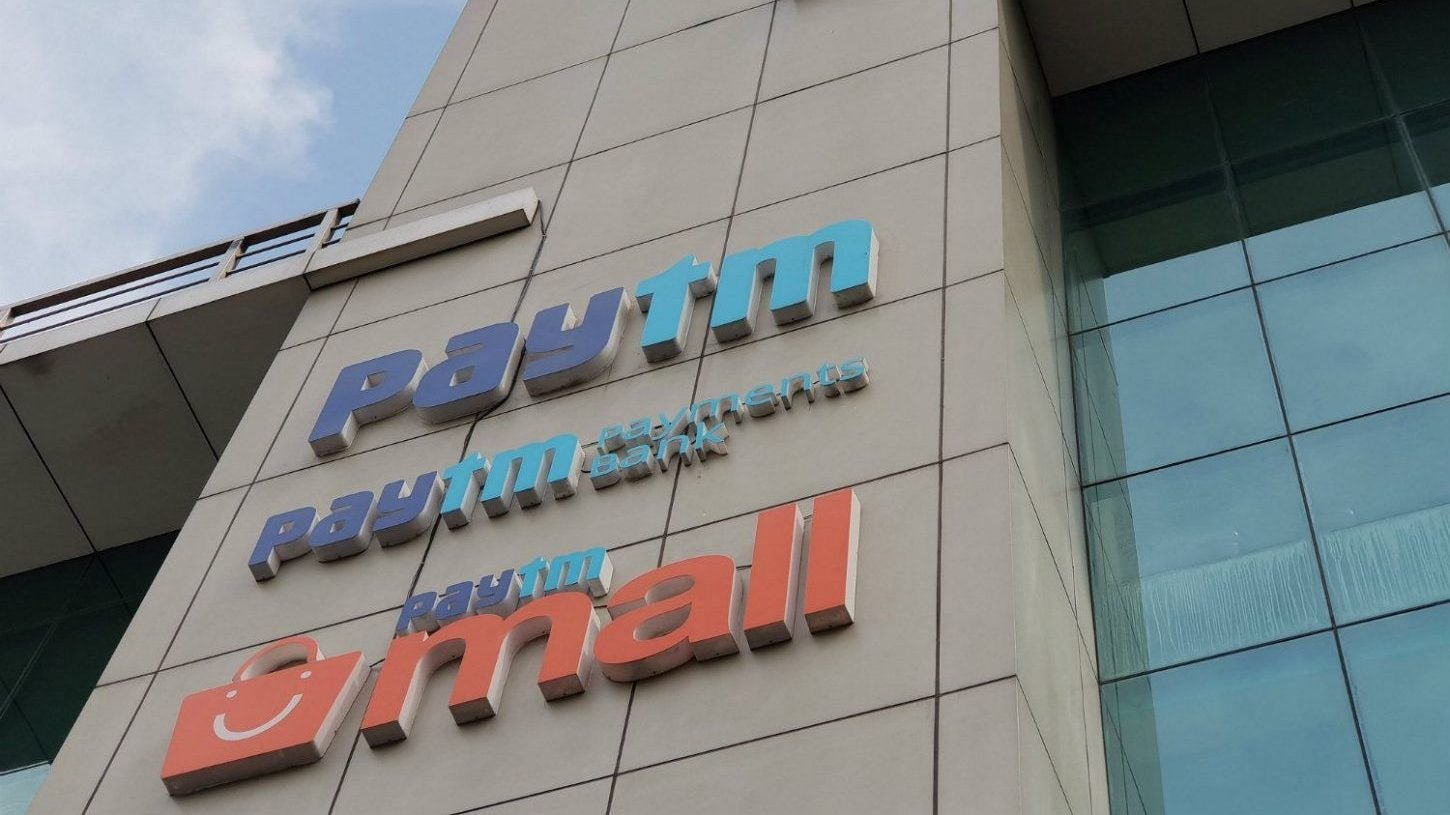Paytm is in loss, but Vijay Shekhar Sharma is getting richer
As funding dried up for India’s technology startups in 2018, all but the unicorns and their founders faced extinction.


As funding dried up for India’s technology startups in 2018, all but the unicorns and their founders faced extinction.
Prominent among the winners was Paytm founder Vijay Shekhar Sharma. The founder & CEO of the Noida-based mobile payments giant has cemented his place in Forbes’s annual ranking of global billionaires this year. His net worth has been estimated at $2.6 billion (Rs18,000 crore), ranking him 877 among the 2,153 on the magazine’s list released on March 06. This is despite Paytm posting losses of Rs3,393 crore in 2018.
Sharma is fortunate, since even some of the best-known Indian tycoons, like Reliance Group chief Anil Ambani, were not spared the turmoil of debt, losses, and wealth erosion during the year.
Paytm’s rise
Sharma debuted on the Forbes list in 2017, a few months after prime minister Narendra Modi’s government announced a move to withdraw high-value currency notes in November 2016. Demonetisation wiped away billions of dollars worth of cash overnight from the Indian economy, boosting digital payments. As a result, Paytm gained ground. The nine-year-old firm has notched up over 310 million users and facilitates 16 million transactions every day, said Forbes.
In 2018, Sharma, then 39, was the youngest Indian on the list and also the only Indian billionaire below 40. Since then, fortune has continued to favour him, as his businesses—which also include e-commerce (Paytm Mall) and payments (Paytm Payments Bank), besides Paytm itself—have attracted rich valuations.
In April 2018, China’s Alibaba Group and Japan’s SoftBank Group invested $453 million in Paytm Mall. Valuations received a further boost in August when the legendary investor Warren Buffet’s Berkshire Hathaway announced a $300 million investment, marking the Omaha-based firm’s first direct investment in India. The funding round was reported to value the Indian startup at between $10 billion and $12 billion.
The not so lucky
Sharma’s ascent comes amidst an erosion of wealth for many others.
For instance, Patanjali Ayurved owner Acharya Balkrishna saw his wealth plunge to $4.9 billion this year from $6.3 billion a year ago as sales nosedived at the fast-moving consumer goods (FMCG) company. He is the 365th richest person on the Forbes 2019 billionaires list, and the 15th richest among the 106 Indian billionaires.
Balkrishna, too, debuted on the global billionaires list in 2017, along with Sharma, according to Forbes.
However, the most remarkable, and by now consistent, decline was witnessed in the fortunes of Anil Ambani, younger sibling to the world’s 13th richest person, Mukesh Ambani, who also tops the Indian billionaires list.
The Reliance Group’s mainstay, Reliance Communications (RCom), was forced to shut its wireless telecom operations in late 2017 as losses and debt accumulated. Anil Ambani’s plan to sell RCom’s wireless assets to his brother’s Reliance Jio also failed in 2018 as India’s department of telecommunications (DoT) objected citing the company’s dues against its bids for spectrum. RCom’s losses for the financial year ended March 2018 stood at Rs23,950 crore.
Adding to its woes, India’s supreme court ruled in February that Ambani, ranked 1,349 in the list of global billionaires this year, would face jail time if RCom failed to pay the $77 million that it owes Swedish firm Ericsson.
Ambani’s fall in wealth over the years stands in contrast to Sharma’s, who, Forbes noted, is “the son of a schoolteacher from a small city in north India.”
As far as entrepreneur wealth is concerned, therefore, overblown startup valuations seem to be a leveller between India’s storied business families and new-age founders.
Meanwhile, the number of billionaires who dropped off the list from India (22) was topped only by China (102). “In total, the ultra-rich (globally) are worth $8.7 trillion, down $400 billion from 2018. Altogether 11% of last year’s list members, or 247 people, dropped out of the ranks, the most since 2009 at the height of the global financial crisis,” Forbes said.